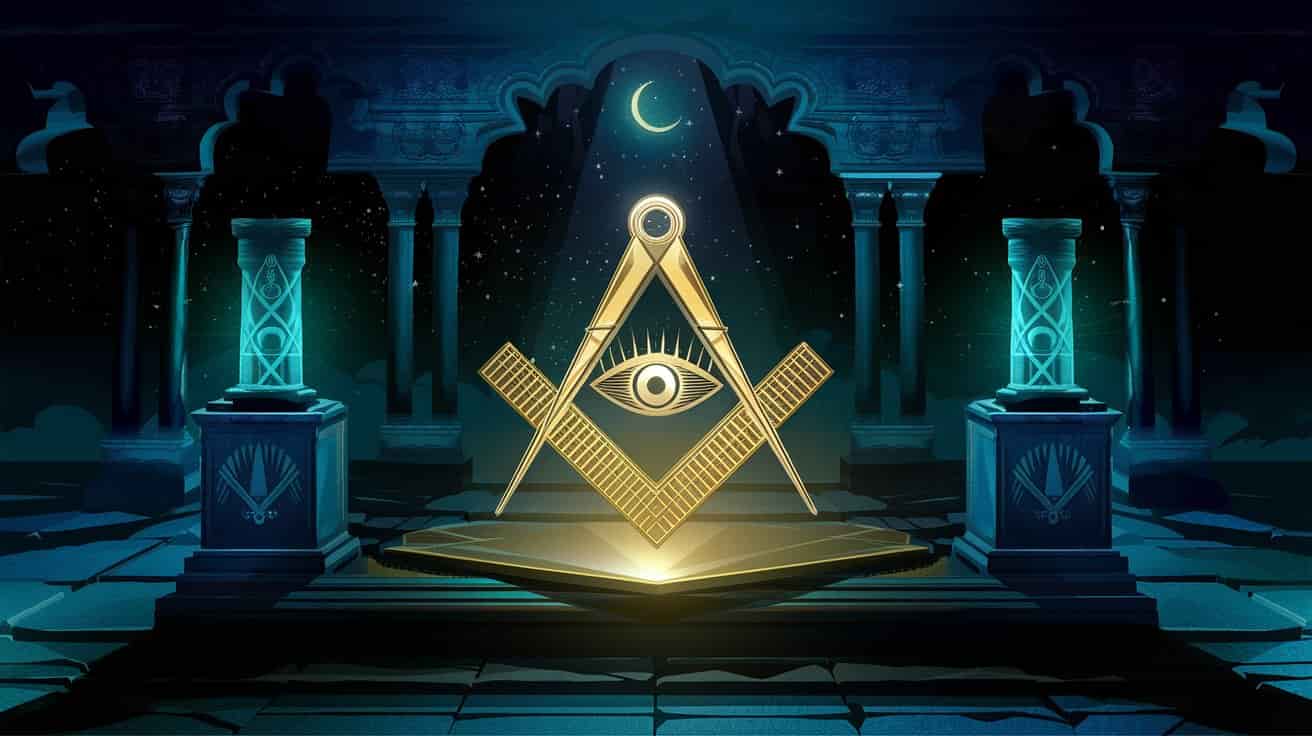What is Agnosticism?
Agnosticism is a philosophical viewpoint that questions the certainty of human knowledge, especially when it comes to the existence of a higher power. This perspective has become increasingly relevant in our modern world, offering an alternative to both religious and atheistic stances. In this article, we’ll explore what agnosticism means, its different forms, and its significance in today’s society.
What Does It Mean to Be Agnostic?
Agnosticism, a term coined by Thomas Henry Huxley in the 19th century, refers to the idea that certain truths, particularly those related to the existence of God or gods, are unknowable. Agnostics do not claim that a deity does or does not exist; rather, they suggest that human beings are not capable of knowing the answer. This belief differs from atheism, which denies the existence of any deities, and from theism, which affirms belief in a divine being.
Types of Agnosticism: Different Ways of Thinking
There are several variations of agnosticism, each emphasizing different attitudes toward belief and knowledge.
- Strong agnosticism argues that the existence of a higher power is unknowable, and that it is beyond human comprehension. People who adopt this viewpoint believe that there is no way to gain knowledge about such matters.
- This view is more flexible, suggesting that while we do not currently have the knowledge to prove or disprove the existence of a deity, it is possible that we may gain such knowledge in the future. Weak agnostics remain open to new evidence and discoveries.
- Agnostic atheism combines skepticism about the existence of gods with an acceptance that no definitive proof can be offered. Agnostic atheists do not believe in any god but acknowledge the limitations of human knowledge on the matter.
- Agnostic theism is the belief in a higher power, but with the understanding that human beings cannot know the full nature or existence of that power. It is a faith-based view that accepts uncertainty.
How Agnosticism Differs from Atheism and Theism
To better understand agnosticism, it’s useful to compare it with atheism and theism:
- Atheism: Atheists deny the existence of any deities, often based on scientific reasoning or lack of evidence.
- Theism: Theists believe in the existence of one or more gods, typically based on faith or religious doctrines.
- Agnosticism: Agnostics neither affirm nor deny the existence of deities but rather believe that such matters are beyond human understanding.
The Role of Agnosticism in Modern Society
In today’s world, agnosticism plays an important role in promoting intellectual humility and tolerance. In an era dominated by rapid advancements in science and technology, agnosticism encourages people to remain open-minded and aware of the limits of human knowledge. It fosters the idea that not all questions about the universe or the divine can be answered, and that it’s okay to acknowledge uncertainty.
Agnosticism also serves as a bridge for those caught between religious beliefs and secularism. It provides a space for individuals who may be uncertain about the existence of a higher power but still seek meaning and purpose in life.
Challenges and Criticism of Agnosticism
While agnosticism emphasizes intellectual openness, it is not without its critics. Some people view agnosticism as indecisive or as a refusal to take a firm stance on important existential issues. However, many agnostics argue that it is not a lack of conviction but rather a recognition of the limitations of human understanding. In this way, it emphasizes the importance of inquiry over certainty.
Embracing the Unknown
Agnosticism offers a thoughtful approach to questions about the nature of existence, faith, and knowledge. By acknowledging the uncertainty inherent in these questions, agnostics encourage intellectual curiosity and the pursuit of understanding without the pressure to reach absolute conclusions. In a world full of differing beliefs, agnosticism promotes dialogue, respect, and acceptance of diverse perspectives.



Post Comment